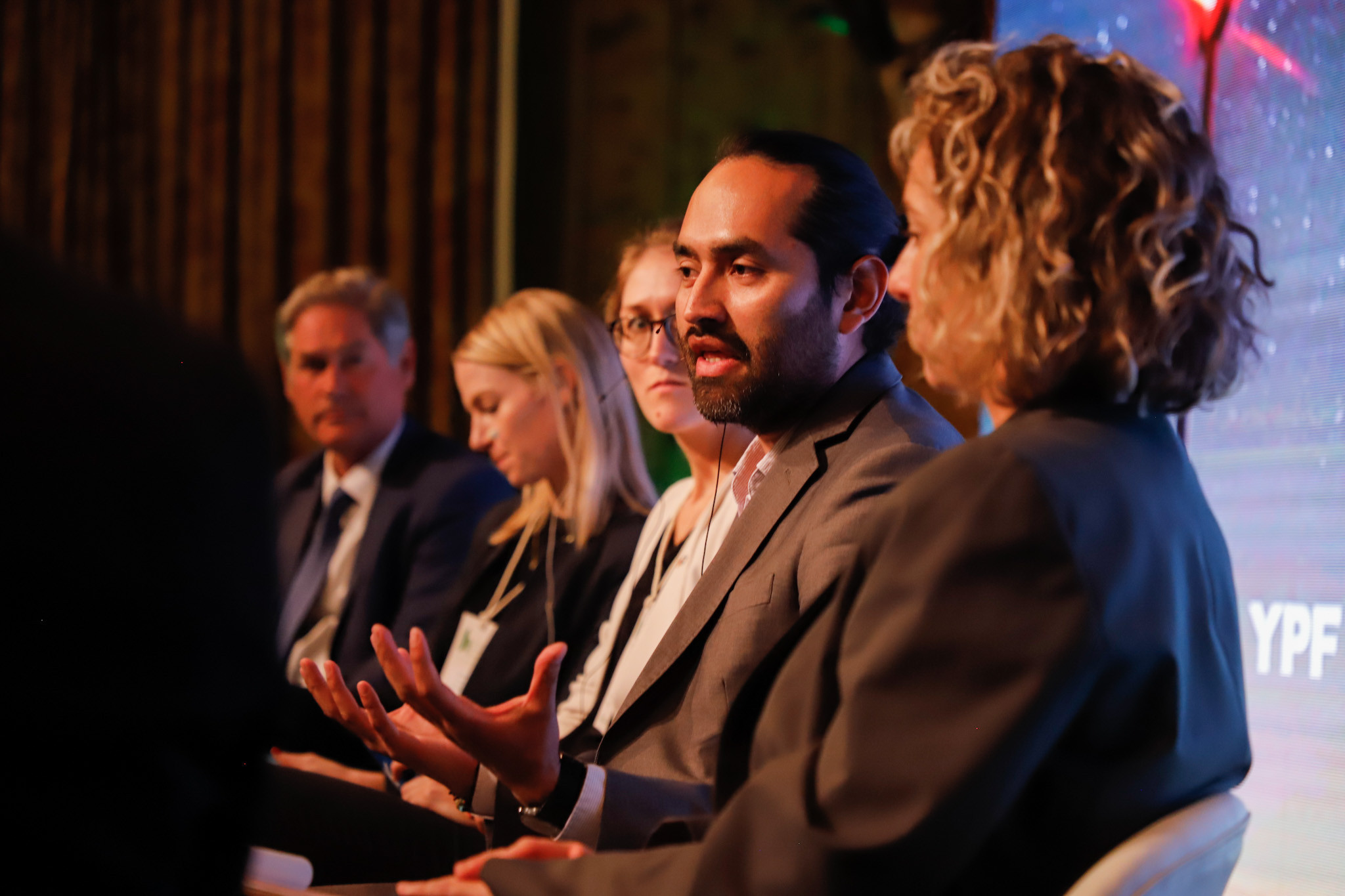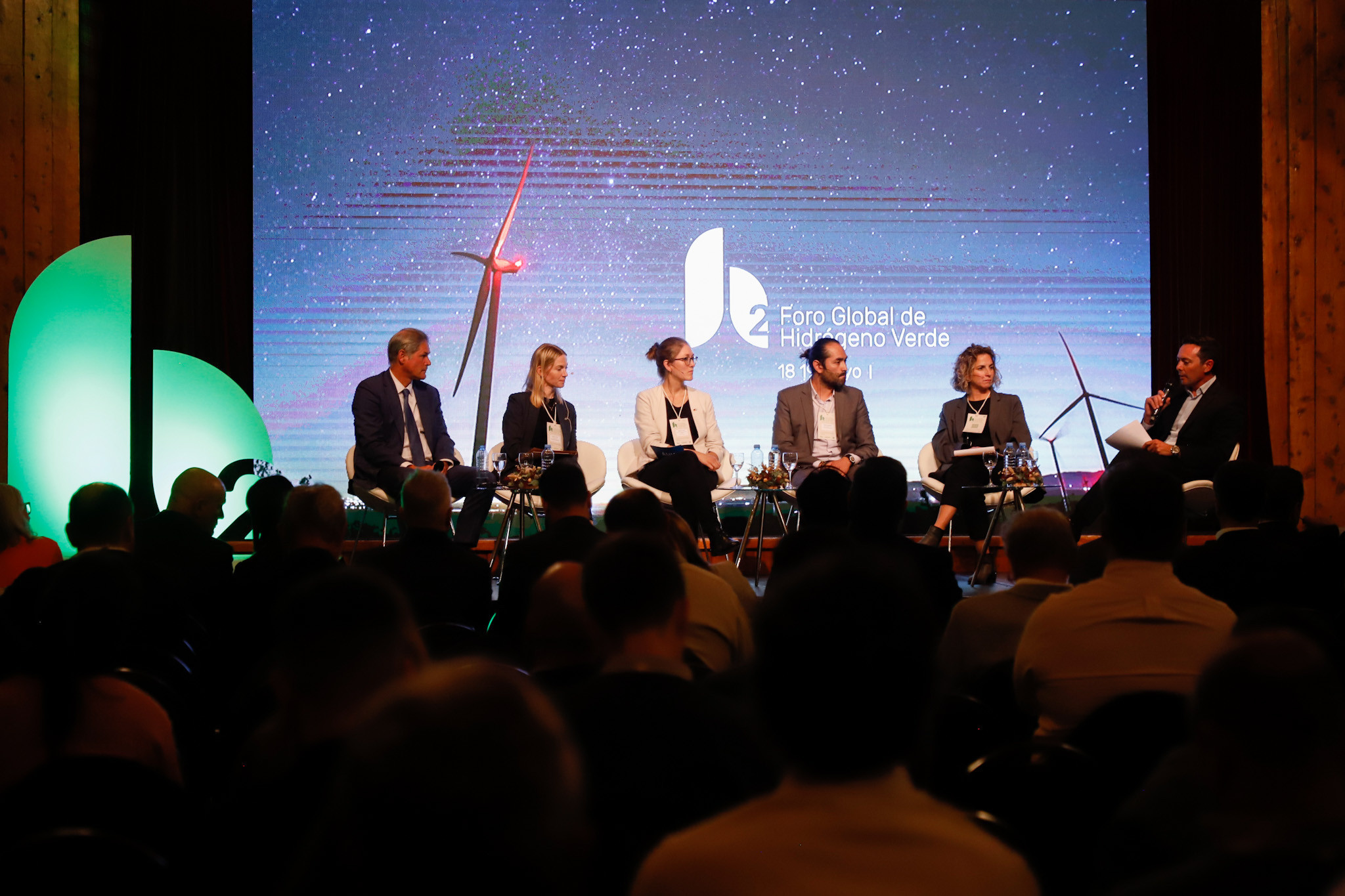Green Hydrogen
Highly significant cooperation between Argentina and Germany on GH2
The trade and official relations between Argentina and Germany have more than a hundred years of history. In the field of hydrogen is more recent, but based on the strong links built over time. This was the topic of Panel 8 of the Global Green Hydrogen Forum that took place this Thursday in Bariloche, and was attended by leading experts on the subject from both countries.
Fecha: 18 de mayo de 2023
Peter Neven, Minister of Economic Affairs of the German Embassy in Argentina, opened the dissertations. He pointed out that his country will need large amounts of hydrogen in the coming years, and therefore looks for partners around the world to import the fuel and its derivatives such as ammonia, methanol and efuel.
He emphasized the great potential of Latin American countries and estimated that there will be a great effort of the private industry to promote the changes, together with State policies.

He said that there is a fluid "energy dialogue" with Argentina to set up the "basis of common understanding", emphasizing that Germany's main interest aims at defining the legal and economic framework to develop investments as quickly as possible.
Annika Klump, director of AHK, the German-Argentine Chamber of Industry and Commerce, emphasized the "lasting and reliable relationship" in the commercial relationship between the two countries, and said that there are 28 German companies working on green hydrogen. These companies meet regularly to support the development of hydrogen in Argentina.
Gabriela Rijter, Argentine Secretary of National Energy Planning, welcomed the fact that Germany is a leader in renewable energies and in the transition to GH2, and that Argentina has plenty of natural resources and a great scientific and technological capacity.
Claudia Ilting, from the Componente PtX Hub and GIZ (German international cooperation agency), described the existence of projects financed by the German government to advise governments and political leaders on energy projects, among which green hydrogen is key in their strategies.

She pointed out that in Argentina they work with several entities, developing technical studies to support green hydrogen projects.
Fabian Barrera, Project Manager of PtX and Agora, a consulting group, closed the panel. He described the independent studies the group provides on climate change mitigation and policy recommendations for the promotion of renewable energy and decarbonization.
They supply the technical parts of the studies, work with local partners, and mentioned several events in the country to support projects on competitiveness in GH2 production.


